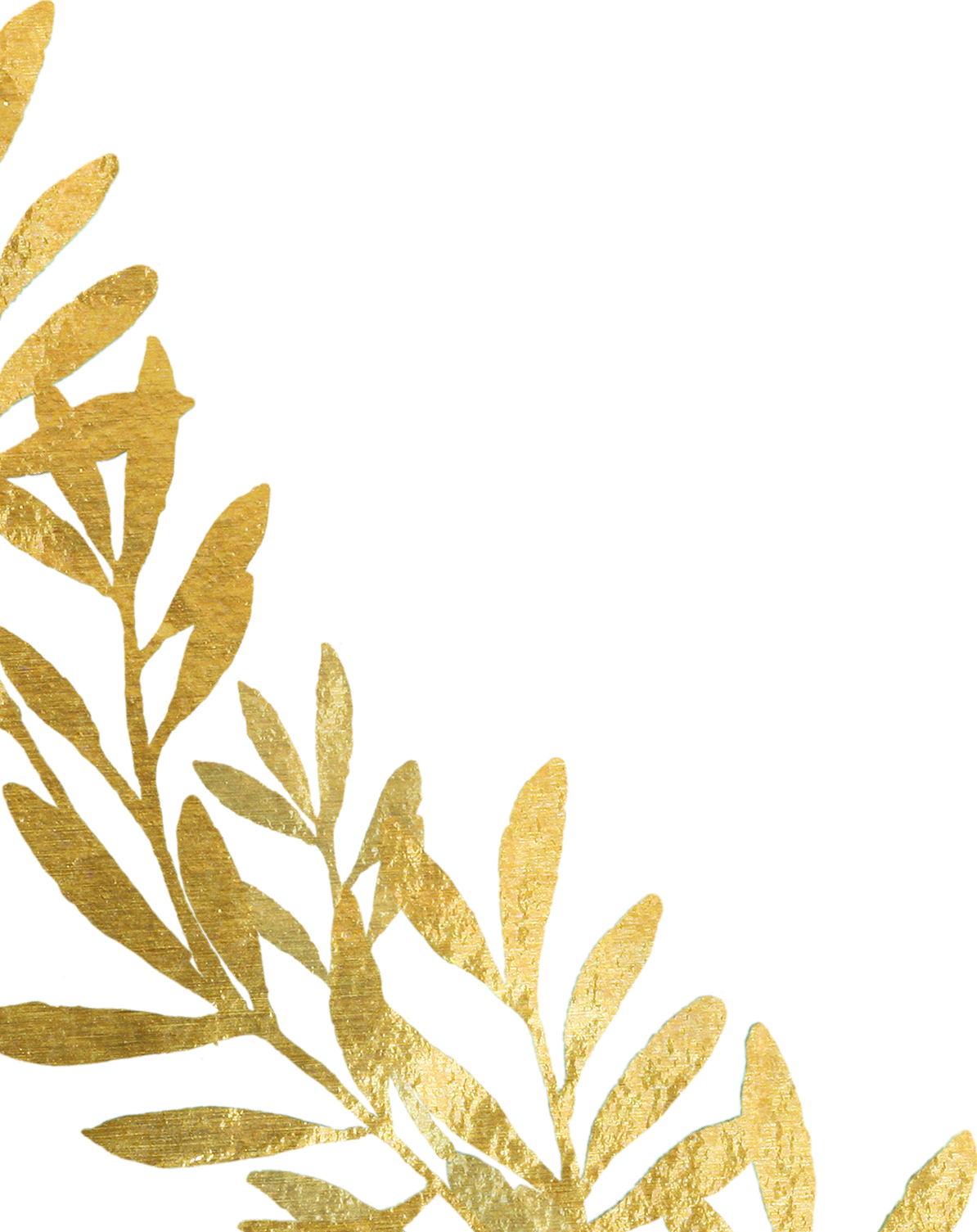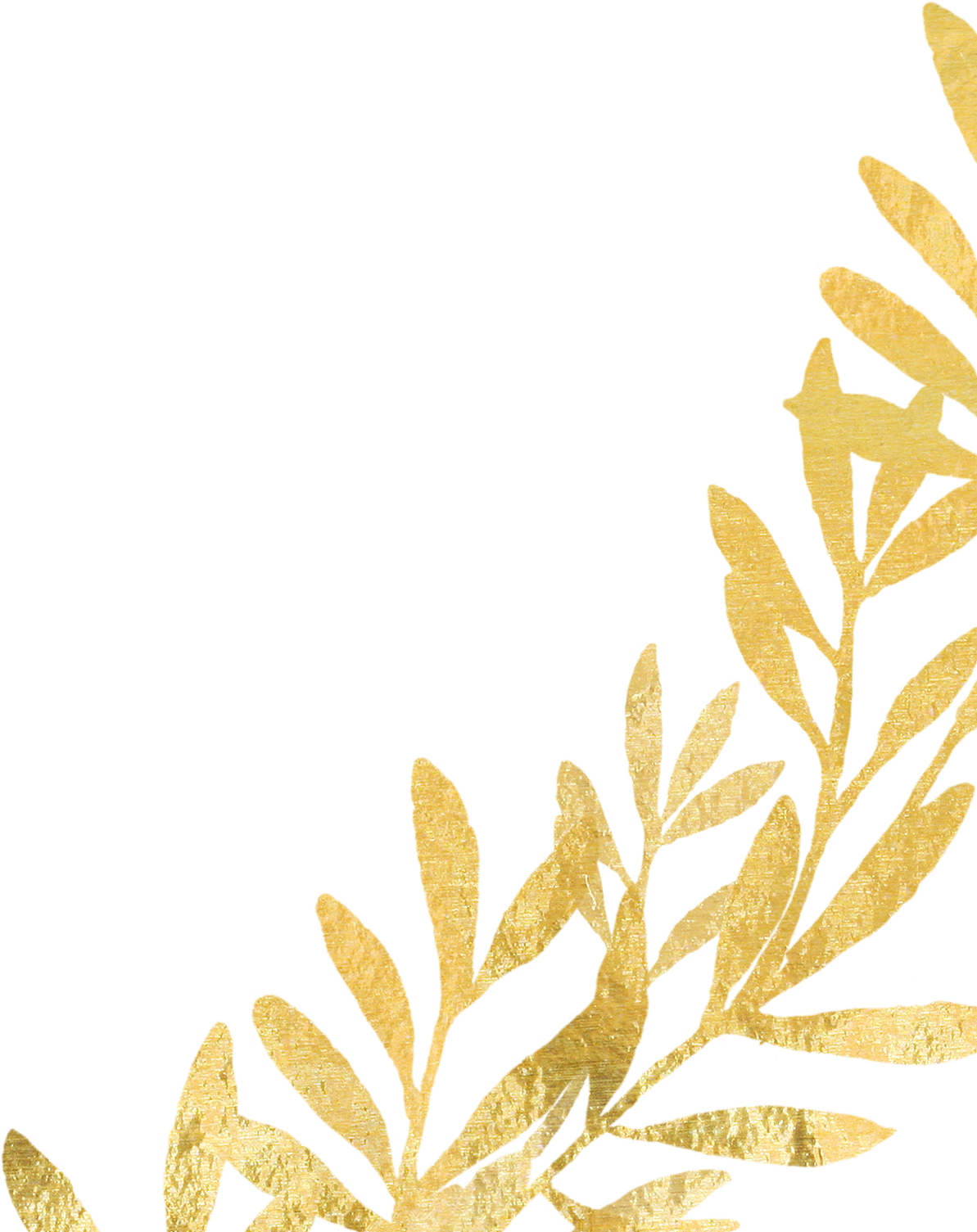#PriyaCaughtADhir


What to Expect & FAQs
Question
Having trouble providing your RSVP on the website?
Answer
Just send us an e-mail at: priyajai2022@gmail.com
Question
Are there any guest restrictions or requirements in place with respect to COVID-19?
Answer
Until recently, all guests (excluding children) were required to provide proof of vaccination due to COVID-19 policies in place. If this changes leading up to the wedding we will up date this section. As of April 1, fully vaccinated individuals can travel to Canada without a negative COVID-19 test. Travelers still need to fill out the ArriveCAN app upon/prior to arrival. As of April 1, the United States still requires patients *flying* in to the U.S. to have a negative rapid COVID-19 test result, though people driving across the border do not have this requirement. You can schedule a rapid COVID-19 test through Shopper's Drug Mart at www.shoppersdrugmart.ca Canada Entry Requirements: https://travel.gc.ca/travel-covid/travel-restrictions/covid-vaccinated-travellers-entering-canada U.S. entry requirements: https://travel.state.gov/content/travel/en/traveladvisories/covid-19-travel-information.html
Question
Where can I stay if I am coming from out of town?
Answer
There are several options including Air BnB and hotels near the airport and Jai's home, downtown Toronto, or in the suburbs near the wedding venue and Priya's home. See our travel page for a link to see discounted hotel rates. There is a great public transit system in Toronto, as well as ride share and taxis for those that wish to explore the city in their spare time.
Question
What kind of food will there be?
Answer
The breakfast and lunch on the wedding day will be vegetarian. Most of the food will be Indian, but there will be non-Indian breakfast options. The reception will have an open bar and both vegetarian and non-vegetarian food options. *We will try our best to ensure there are options available for those with food allergies and intolerances*
Question
What do I wear to an Indian wedding?
Answer
You are free to wear whatever makes you feel comfortable. Indian weddings are festive so colourful outfits are welcome. Women can wear dresses, gowns, or Indian outfits. Men often wear dress shirts with pants, suits, or Indian outfits as well. Just make sure you can dance in what you decide to wear! Regardless of what you decide to wear, you will not be alone. Traditionally the bride at an Indian wedding wears red.
Question
What is a Baraat?
Answer
This is the wedding procession that starts from the groom's house and ends at the bride's. However, since the groom lives too far from the bride, ours will start at one end of the parking lot and end at the entrance of the wedding venue. The groom will arrive on a horse, along with his relatives, who will walk with him while dancing to live music and a band.
Question
What will the ceremony be like?
Answer
The ceremony will take place outdoors under a mandap [or in our case a gazebo]. A Hindu priest will officiate the ceremony and numerous relatives will perform specific roles under his guidance. The bride and groom will be seated in front of the priest for most of the ceremony. The priest will recite verses in Sanskrit, but will also provide English explanations of the rituals. The ceremony will involve mostly Punjabi customs. More detailed information will be available in our wedding program on the day of.
Question
What if I need to step out during the ceremony?
Answer
No problem! Hindu ceremonies are long so feel free to move around or grab a snack :)
Question
Fun and Games with the Groom
Answer
While the couple is excited to get married, the bride's family and friends won't give her away easily. There are a few parts during the wedding where the bridesmaids and bride's side of the family will be getting in to some mischief. Prior to the ceremony starting the bridesmaids often block the groom's entrance and refuse to let him get to the altar without paying them a good chunk of change. Furthermore, while the groom is busy during the ceremony itself you can find the bridesmaids working together to steal the groom's shoes (which they always do). Once the ceremony is over they'll demand he give them another good chunk of change to get his shoes back. Someone will have to remind Jai to bring a wallet full of cash that day...
Question
The Sangeet
Answer
This is a pre-wedding party to kick off the week where family comes together to sing and dance in celebration of the upcoming wedding. Sometimes family members opt to do dance performances as well.
Question
The Maiyan (or Haldi)
Answer
This is a traditional cleansing ceremony that takes place a few days prior to the wedding. The bride and groom [at their respective homes] have close friends and family rub a turmeric paste on them to bless them in preparation for the wedding. This is done to ward off evil spirits and brighten the skin. After this the couple traditionally does not see one another until the wedding day.
Question
Mehndi (Henna) Night
Answer
Henna is a natural temporary dye that is applied in intricate designs to the bride's hands and feet. This takes place a few days prior to the wedding as the application and drying of the henna takes several hours. Close family and friends join and get their hands done as well. Some believe the darker the color of the dried design signifies how deep the groom's love is for the bride. The groom's name/initials will be hidden somewhere within the intricate design for him to find (shh - if any of you find it before he does, don't tell him).
Question
The Choora
Answer
The Choora is a set of bangles worn by the bride on the wedding day and for a period of time after the wedding. The bangles are traditionally red and ivory in colour, and signify her status as a newly married woman. The Choora is believed to bring prosperity and fertility to the married couple. Traditionally these bangles used to be kept on by the bride for up to a year after the wedding, though now the bride decides how long to keep them on for. The Choora is gifted to the bride by the maternal uncle during a ceremony a day or two before the wedding. The bride traditionally does not see the bangles until the day of the wedding, so they are usually covered with handkerchiefs until she gets ready for her wedding.